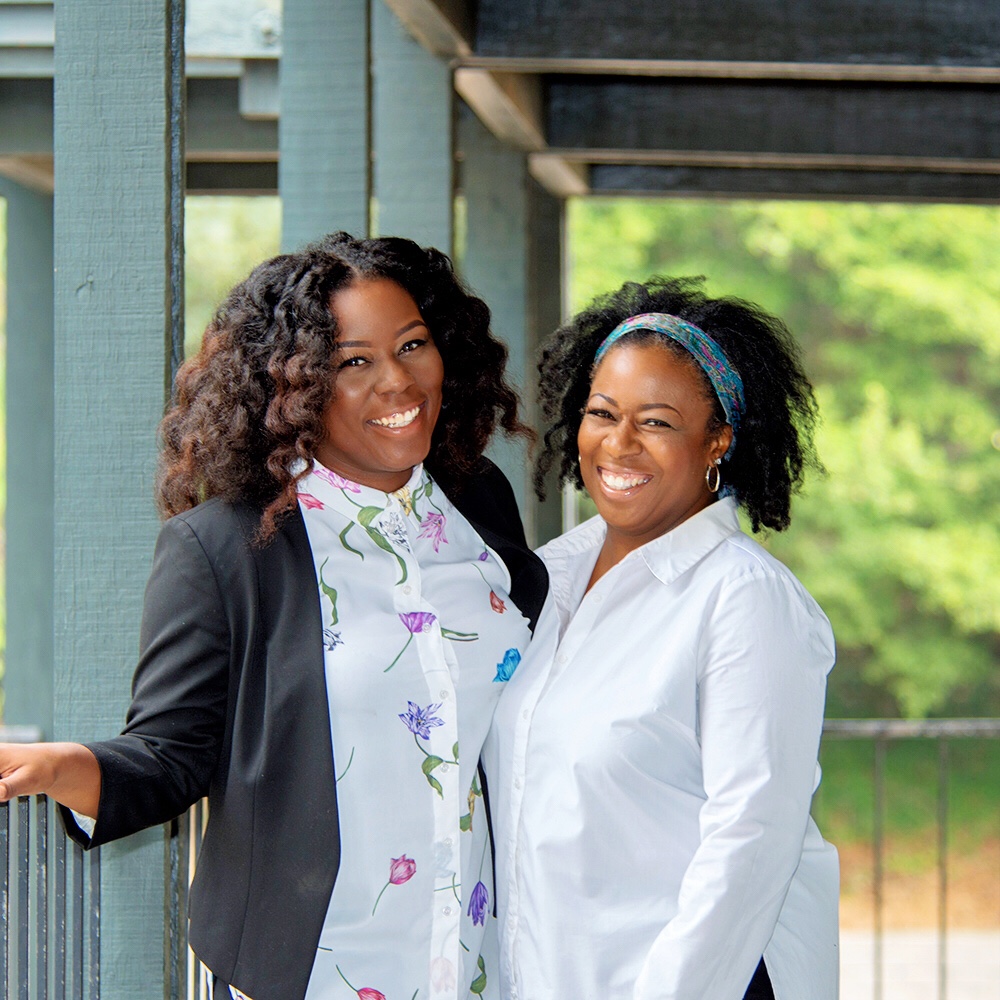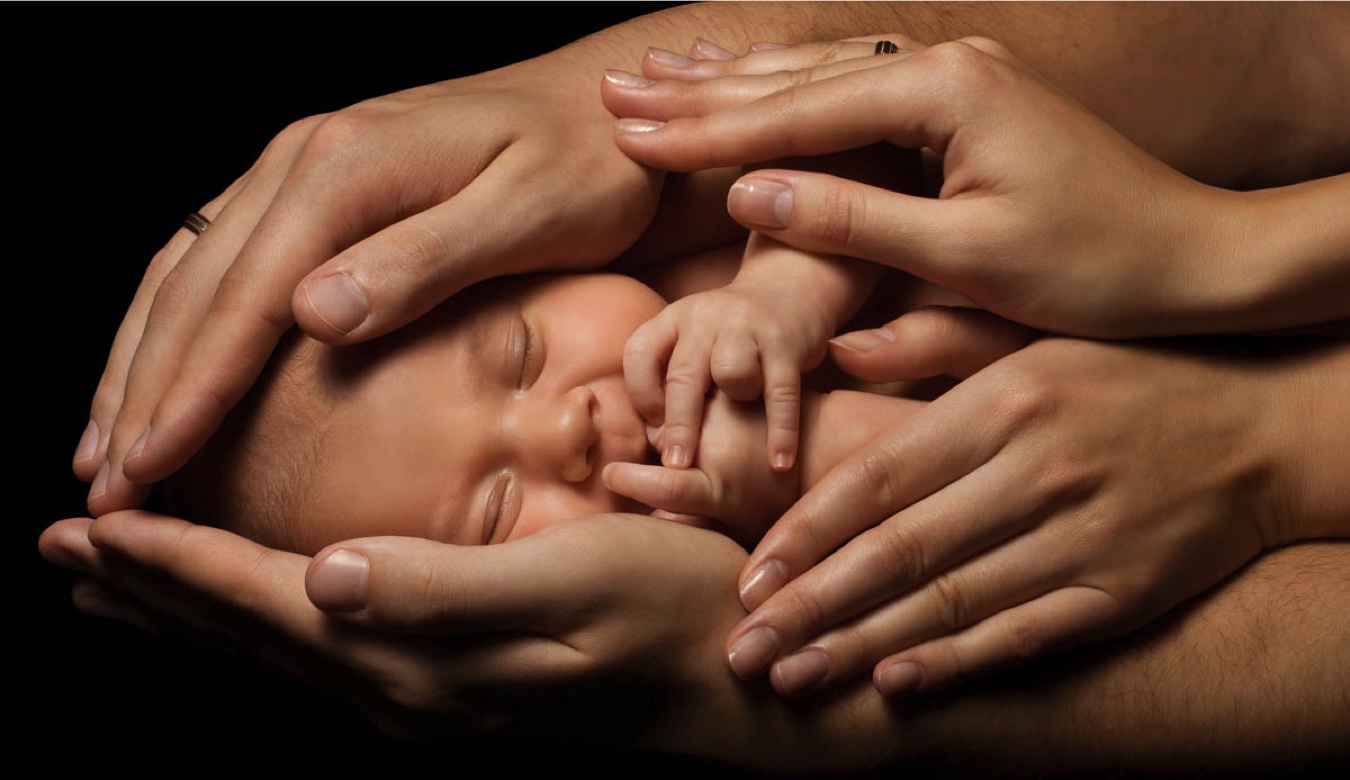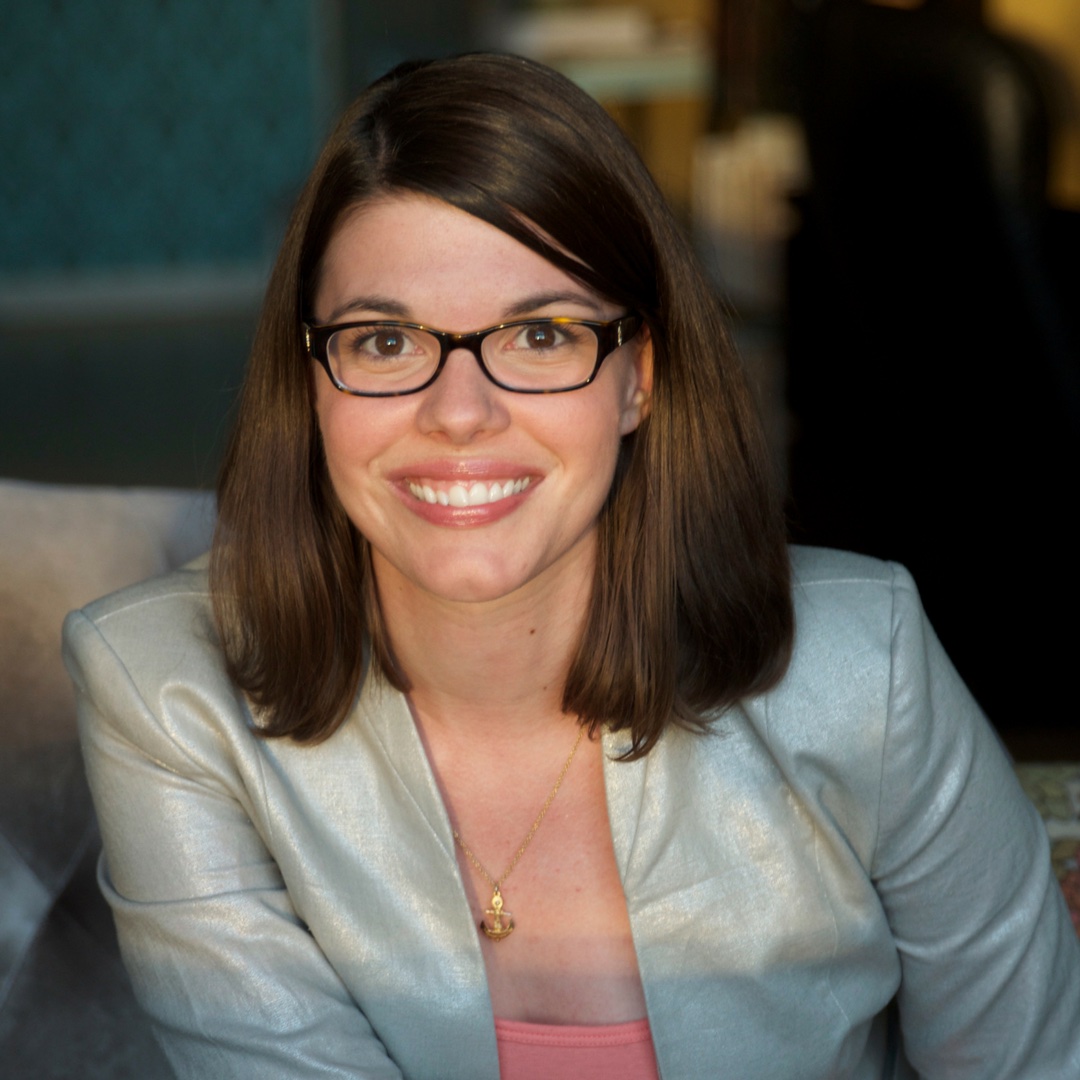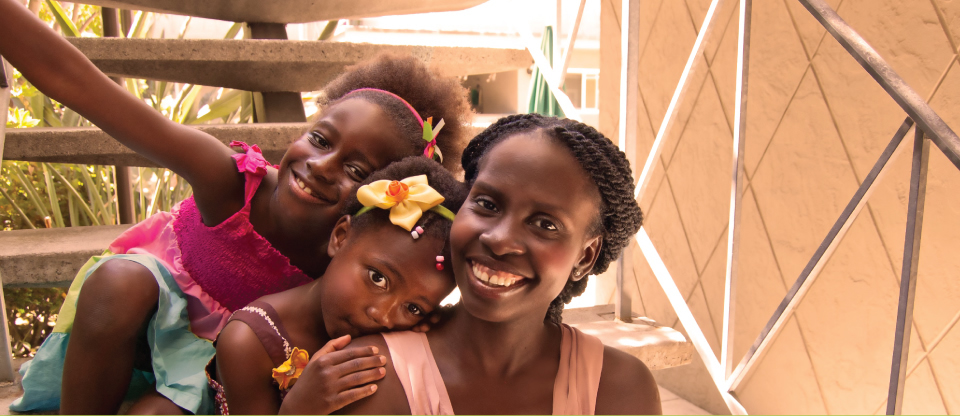Esther introduces Beth Rees and the topic of Perinatal Herbalism to our audience. On our show we like to hear about all sorts of supportive approaches to pregnancy, postpartum and parenting. Beth tells us about how herbs can nourish us and add enjoyment, rest and recovery to our intensive work growing our families.
We discuss:
How Beth became a doula/herbalist
Geeking out about Birth and Postpartum
Heart-opening
Herbal self-nourishment and caring for the new mom and baby
Herbalism/Acupuncture integration
Local approaches
Gentle Giants of the herb world
Internal and external nourishment and healing
Show notes for specific herbal supports for parents and children
How To Hire A Nanny
Trusting another person to care for your child can be challenging. Having a plan in place for hiring and employing a childcare provider will go a long way in alleviating some of the stress. Put your plan in place with episode 63, including:
when to start looking for a nanny / childcare provider (accounting for how long it can take to hire someone)
how to pre-screen candidates and conduct the interview process (because you need more than one interview with your final selections)
conducting a nanny trial period
how to develop and maintain a good line of communication between parents and care providers
what to expect for how to pay a nanny (over the table vs under the table) and having contracts
how to consider the nanny’s perspective, including pressure they may feel (e.g. if you don’t have any backup care)
how to set clear household expectations
The Secret To Raising Confident Kids – Confidence Master Class
Confidence-building is a lifelong exercise for all people, including parents. Listen to this Confidence Masterclass on episode 62 of the Fourth Trimester Podcast. Learn the confidence-building foundations. This audio masterclass is designed for women and mothers in particular. The course covers:
The importance of demonstrating confidence to our children
Loving and respecting yourself
What self care means
How to unearth your true identity
The Importance Of Birth Education (Know Your Options!)
Sometimes simply knowing your options is what makes all the difference. Education is key for pregnant mothers as they prepare for their birth and early motherhood.
Birth Education is important for women because the “childbearing year” of pregnancy, labor, birth and the fourth trimester, is the moment where fundamental respect, care and nurturing can be experienced and where culture-change can begin in each life with the benefits paying forward to individuals and society.
In this episode we have the honor and delight of speaking with a mother-daughter duo whose work together spans this cultural intervention of doula work in the context of social justice. We weave together these elements along with the practical benefits of doula care. We explore the generational and traditional threads of women caring for families.
Healing Birth Trauma
Every woman deserves the opportunity to fully heal and recover from birth trauma. It is never too late to address a past trauma.
Listen to this episode of Fourth Trimester Podcast to hear:
How to recognize that you’ve experienced trauma or PTSD
How to begin addressing a potential trauma – the first steps to take for healing
Good Enough Mothering & Self Acceptance
Good Enough Mothering is actually The Best Mothering
Build Your New Parent Community Around You – Manuela Bakilana & Shakila Marando From Doulas By The Bay
Most women in the USA do not have a community coming to support them and their new family during the first 90 days after having a baby.
Listen to this episode to learn about the advantages of building up a community of friends, family, trusted neighbors, and professional supporters (e.g. a postpartum doula, a night doula).
We Love The PSI Warmline … AND Getting Enough Sleep
There are many treatments for postpartum (or pregnancy) mood disorders and mothers (and fathers) are encouraged to speak to their care provider about the best course of treatment. PSI also has a Warmline, 800.944.4773 (4PPD) where you can get basic information, support and resources, in English and Spanish.
Chicken Soup for the Soul – Life Lessons for Busy Moms
On Episode 56 of the Fourth Trimester Podcast we speak with Lynn Benson, co-author of “Chicken Soup for the Soul Life Lessons for Busy Moms.”
Listen to hear more about:
Signs you’re suffering from burnout as a result of caregiving
The physical, emotional stress and financial toll of caregiving
Tools and resources available to help family members with the challenges of caregiving








